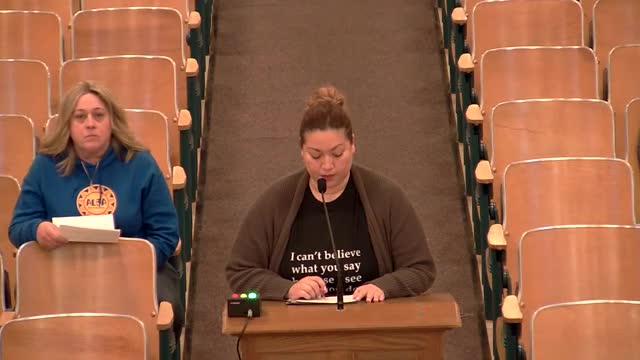Article not found
This article is no longer available. But don't worry—we've gathered other articles that discuss the same topic.
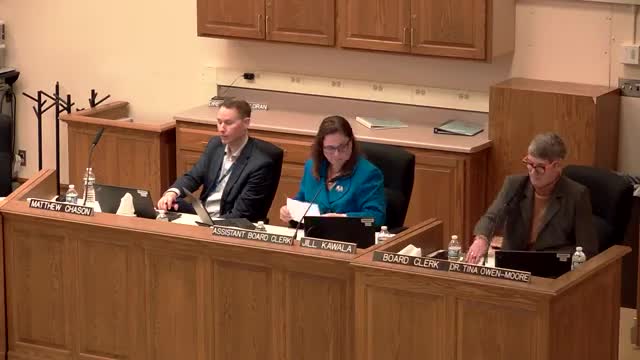
ALBA staff and parents raise governance and climate concerns; committee directs targeted support plan
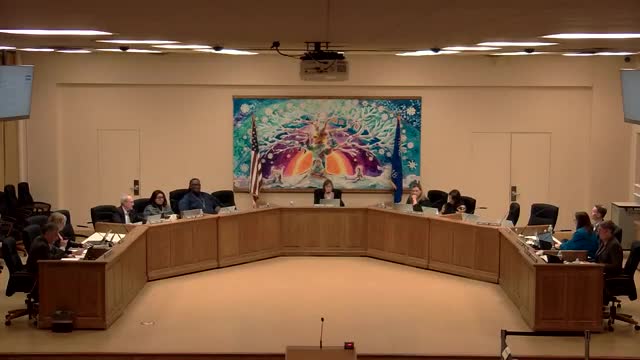
Committee directs additional review and a November follow-up for GreenTree Preparatory Academy
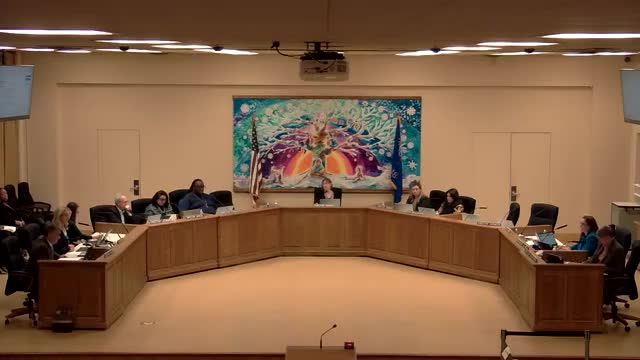
Southwest Region highlights gains; Lowell International Elementary credited for rising reading scores
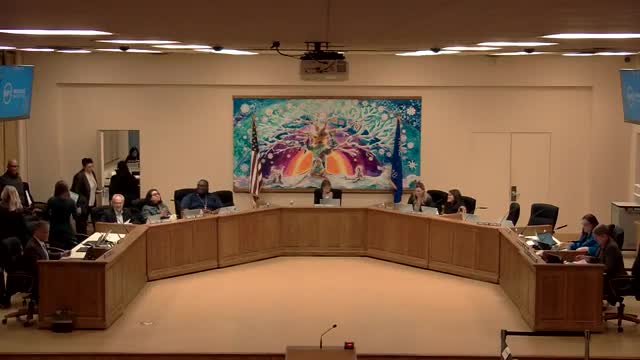
Board committee approves three charter contract renewals: Next Door, Honey Creek and Highland
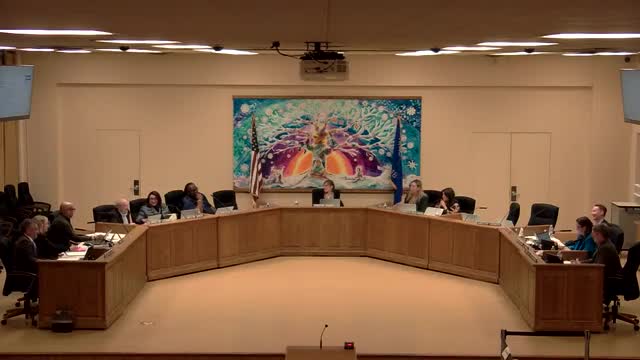
Girls of Color partnership expands to 18 schools; program mixes social-emotional groups and academic supports
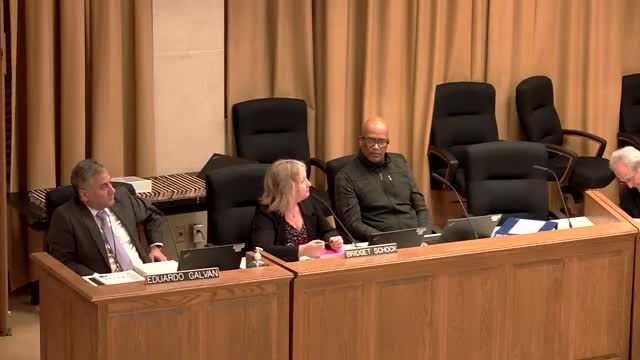
Agr program midyear report: modest reading gains in some AGR grades; Lexia pilot discontinued
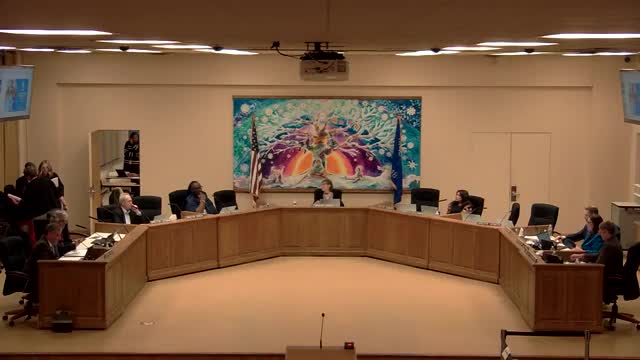
MPS updates gifted-and-talented identification; district adds local norms and multi-tiered services
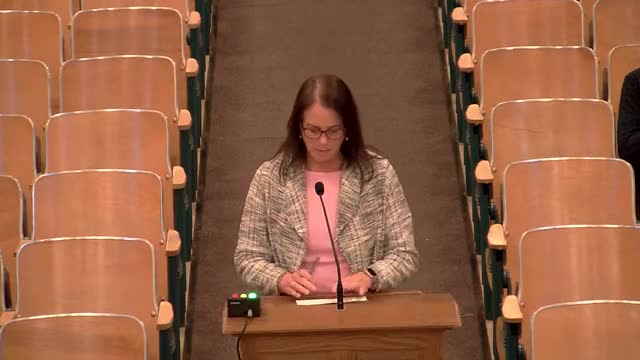
NAEP results: MPS fourth-grade reading shows decline; board hears national and district context
